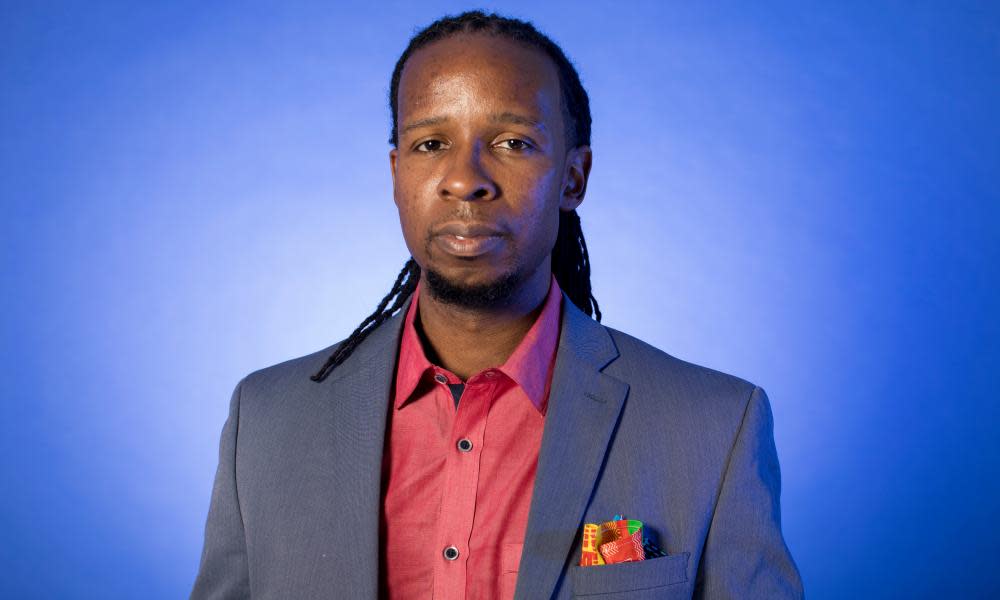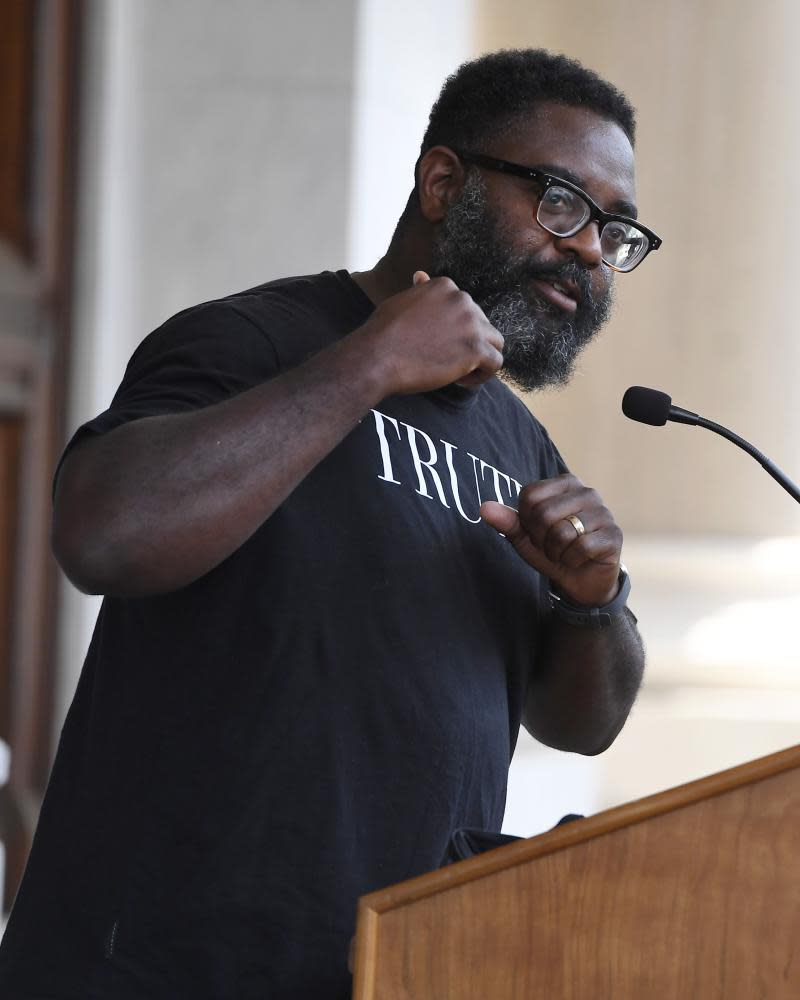How to Be an Antiracist author Ibram X Kendi awarded MacArthur ‘genius grant’

The bestselling historian Ibram X Kendi has been awarded a $625,000 (£460,000) MacArthur “genius grant” for his work on redressing racism in the US.
Kendi, the author of the bestseller How to Be an Antiracist, is one of 25 new fellows to receive the no-strings-attached grant from the MacArthur Foundation. The grants go to “talented individuals who have shown extraordinary originality and dedication in their creative pursuits and a marked capacity for self-direction”. Candidates are nominated by a wide pool of experts, and recipients chosen by a selection committee.
Kendi was cited by the foundation for his “dynamic and unusual constellation of scholarship, social entrepreneurship, and public engagement”, with which he is “transforming how many people understand, discuss and attempt to redress America’s longstanding racial challenges”.
Related: ‘There’s a concerted backlash’: Ibram X Kendi on antiracism under attack
“When inequality is normal, and you’re doing nothing to challenge that inequality, you’re complicit in its maintenance,” said Kendi after learning of his grant. “To be antiracist is to actively challenge the structures of racism in this country. If we’re truly serious about dismantling racism, we have to figure out a way to both analyse and study the structure of racism, while also providing a pathway for individuals to dismantle that very structure that we’re seeking to eliminate. Some people would call this idealistic, I don’t think it’s idealistic. I think it’s the world that we should be focused on creating.”
The other recipients this year range from landscape ecologist Lisa Schulte Moore to adaptive technology designer Joshua Miele. A handful are writers, including author and radio producer Daniel Alarcón, poet Don Mee Choi and historian Keeanga-Yamahtta Taylor. Another is Reginald Dwayne Betts, who was jailed after being tried as an adult for a carjacking at the age of 16, and went on to become a lawyer and a poet. He was cited by the committee for providing “a unique perspective on the lifelong impacts of incarceration and the injustice of a criminal justice system that relies so heavily upon it”, through his “profoundly moving” poems, public defence work, and advocacy efforts.

“When I was 16 years old, I carjacked a man. I was arrested, and sentenced to nine years in prison. So I spent nine years writing every day, reading every day, imagining that words would give me the freedom to understand what got me in prison. When you’re trapped in a cell, literally, words are your only lifeline. And I committed myself to using them to find some semblance of hope,” said Betts. “If I write about prison every day for the rest of my life, the thing that I’m really writing about is that desire, that chase, that want, that hope for freedom. Right now, I build libraries in prisons, because I believe people who are serving time deserve access to the books that give us dignity.”
Cecilia Conrad at the MacArthur Foundation, said the group of fellows chosen this year “helps us reimagine what’s possible”.
“They demonstrate that creativity has no boundaries. It happens in all fields of endeavour, among the relatively young and more seasoned, in Iowa and Puerto Rico,” she said. “Once again, we have the opportunity for exultation as we recognise the potential to create objects of beauty and awe, advance our understanding of society, and foment change to improve the human condition.”


